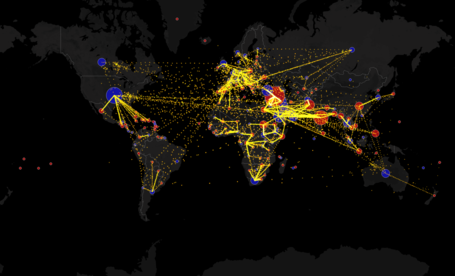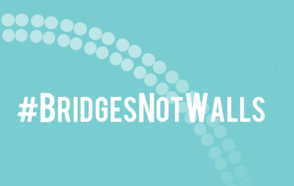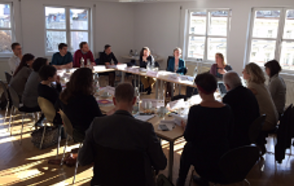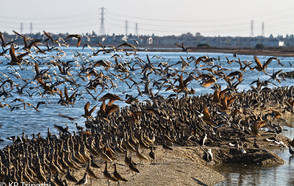
Source: www.metrocosm.com
There are a wide range of local inclusion policies, but all are the result of the proximity of local institutions to the communities they serve, including the migrant population. The cities and towns of UCLG, meeting on the 2nd of February in Barcelona for a dialogue on migrations, development, diversity and social cohesion, express our solidarity with the cities that are meeting the needs of immigrant and refugee populations, often going beyond their official responsibilities to ensure access to basic services and to guarantee human rights.
Migration is a fact and cities are the first to be affected, both in geographic and demographic terms. Cities are willing to respond, based on the principles of human development and sustainability, in order to avoid racism, and to promote social mobility. In this regard, decentralized cooperation provides a link between the social and solidarity policies of local governments.
The meeting in Barcelona was coordinated by the Fons Català de Cooperació together with the municipality of Barcelona, the Province of Barcelona and UCLG. Experts and local politicians from Catalan cities participated in the session, including Girona, Mataró, Granollers and Badalona, and international cities such as Tanger (Morocco), Sedhioui (Senegal) and Nanterre (France), as well as representatives of civil society, in particular, migrants.
At the event, local policies on inclusion and cooperation in European and African municipalities were shared. The challenge of limited municipal competencies in migration policy was identified. Nevertheless, local policies are being developed in areas such as human rights, integration, cultural diversity and cooperation. These diverse issues represent an extraordinary wealth of experience.

At local level, migration and cooperation policies heavily rely on activism. Citizen mobilization frames all politics in society. Cities at the meeting highlighted the footprint left by the diversity of the home countries of immigrant communities. Mayor of Nanterre, Patrick Jarry, gave the example of his city, whose space is marked by migration, from small businesses to heritage and cultural expressions.
Catalan municipalities presented their neighbourhood inclusion programmes, which have changed planning, housing and gender policies. Municipalities remain committed to decentralized cooperation projects. According to Oxfam Intermón, from 2007 to 2014 Catalan municipalities invested over 110 million euros in more than 6,500 development cooperation projects[1]. Co-responsibilities among equals and strategic cohesion projects where identified as areas for improvement in cooperation.
Other initiatives presented at the meeting included the UCLG project on migration between Mediterranean cities (MC2CM), a project on the role of migrant populations (diaspora) in cooperation, and social work projects by beneficiary municipalities.
On the one hand, municipal representatives seek social mobility, that is, access to better opportunities for second and third generations of immigrant communities. This is a long term political challenge that will only be achieved by involving all citizens. On the other hand, migrant representatives call for more rights, such as the right to vote and real participation, in order to feel accepted in their “land”, in other words, Catalonia. “Because we have lived here for 15 years and will not return, apart from to visit and maintain links with our places of origin”.
UCLG will continue to support municipalities to share their experiences with other cities and regions through the Committee on Social Inclusion, Participatory Democracy and Human Rights. The Working Group on Migration will continue to support this work by providing practices and policy evaluations of member municipalities.
[1] Oxfam Intermón (2016). La Realitat de l’Ajut (En línea). Available at http://realitatajut.org/ (Consulted on 06/02/2017)













